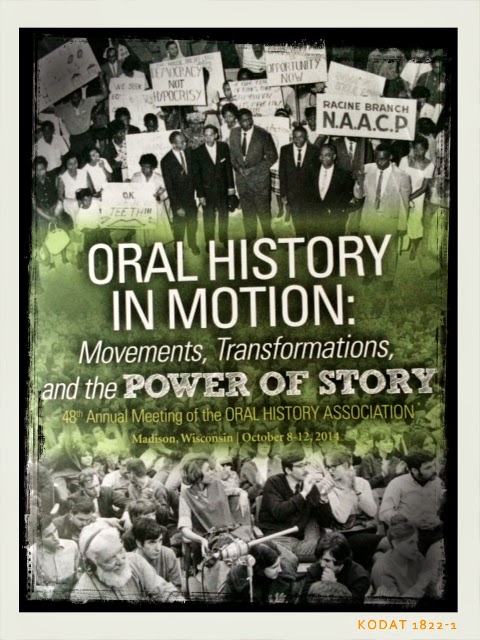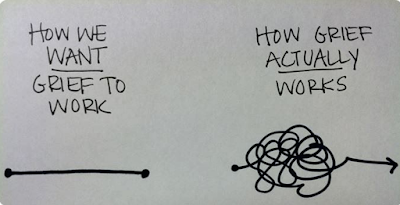Not Everyone is Hiding from Scary Ideas in College
 |
| by Eleanor Taylor for the New York Times |
The crux of the argument expressed in the piece seems to be that in an over-medicalized, over-protective culture, students today are perfectly content to sacrifice free speech and independent thought so that they do not ever risk the danger of being "discomfited" or, gasp, "distressed."
Writes Shulevitz, "It is disconcerting to see students clamor for a kind of intrusive supervision that would have outraged students a few generations ago. But those were hardier souls. Now students' needs are anticipated by a small army of service professionals --- mental health counselors, student-life deans and the like."
The boomers, they were so tough, so resilient, so revolutionary. Oh, that trope again. Nostalgia much?
As a faculty member at a state university, I am all too familiar with the army of service professionals of whom she speaks. Do they bureaucratize campus life? Yes. Do they endeavor to homogenize experience to the point of blunting it? Maybe. They also find housing for the kid sleeping in his car, connect students living in situations where they are being abused to resources that help them get out, help with emergency loans and enable students to avoid dropping out of college with a load of debt and nothing to show for it when times get hard and students fall off the rails. They are not only on campuses to protect their own jobs. They actually, you know, do things.
Last spring, I talked about trigger warnings here. I took a middle-of-the-road position and made an effort to understand both sides of the argument.
But the disparaging tone of Shulevitz's piece and the assumption that trigger warnings and policies against hate speech are designed to allow students to avoid anything and everything that might make them uncomfortable has, oddly enough, made me want to defend protections on campus more.
First of all, why the misogyny, Ms. Shulevitz? Why did the article focus on female sexual assault survivors? Veterans are just as likely to suffer from traumatic memories in college classrooms. I guess the image of traumatized vets doesn't jive with the vision of privileged, entitled young women avoiding difficult things.
Secondly, what is wrong with safe spaces? Don't we want to grow adults who can take their own emotional pulse and be able to participate in broader public debates at the same time? Safe spaces allow people to step back when they need to. And then re-enter the conversation. Guess what? That expands the conversation, because it invites people to participate who otherwise might have been tempted to avoid issues altogether, for fear of being confronted with their own demons with no outlet, no recourse, to place to get grounded. Safe spaces help people act like adults, take responsibility for their emotions and still be part of dialogue.
Third, with all due respect, the bulk of examples in the article cite instances where there is a very fine line between allowing free speech and allowing hate speech. Just saying. Shruthi Badri, an Amherst College student, makes that point well in her op-ed response to Shulevitz here. And nails the article for its cheap shots at colleges that supposedly indulge spoiled kids.
People love to complain about what's wrong with young people today. I, for one, applaud their emotional intelligence and their willingness to stand up and insist that discourse can be violent. We live in a world of discourse. Every day, all day, we communicate through words. Often times, we disassociate words from actions, words from emotions, words from people. Maybe students are over-doing it occasionally in their efforts to police language and discourse. But the fact that they are getting the power of language? I am so happy about that.
It means they are facing scary ideas head on.









Comments
Post a Comment